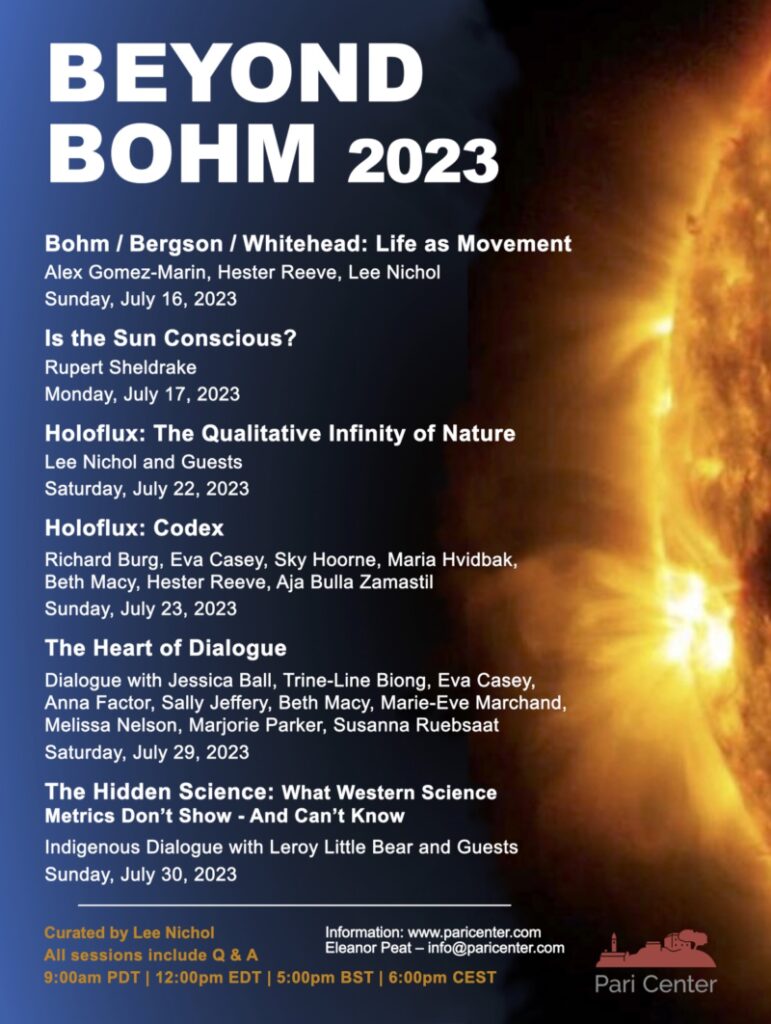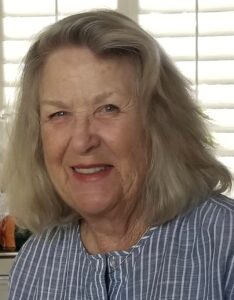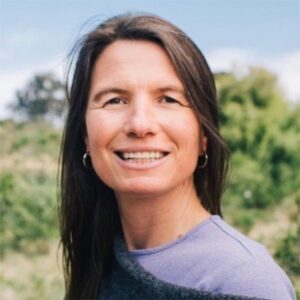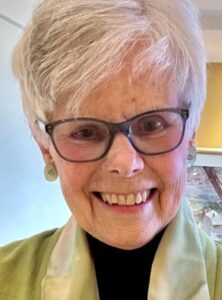Your cart is currently empty!

The Heart of Dialogue
- This event has passed.
July 29, 2023 @ 6:00 pm – 8:00 pm CEST


The Heart of Dialogue
with Jessica Ball, Trine-Line Biong, Eva Casey, Anna Factor, Sally Jeffery, Beth Macy, Marie-Eve Marchand, Melissa Nelson, Marjorie Parker, Susanna Ruebsaat
Saturday July 29, 2023
9:00am PDT | 12:00pm EDT | 5:00pm BST | 6:00pm CEST
2-hour session
The session is live and you will be sent the RECORDING.
What is the heart? In physiology, as far back as human records go, heart has been thought of as the core of the physical body, the sine qua non of life. Metaphorically, the heart has been considered as that which brings about the coursing of spirit, meaning and emotion throughout one’s person, one’s relationships and one’s community. It is the flow of life at both individual and collective spheres. David Bohm’s description of dialogue also refers to an essential flow: that of “meaning moving through.” Does dialogue, as well, have a heart, an essential core, through which a developing meaning flows? What might emerge as our all-women dialogue gestates this question?
To see the Full Beyond Bohm program

Jessica Ball is a creative facilitator dedicated to working towards positive social and environmental change through transformative learning, dialogue and the value of creativity. Jessica has worked with a diverse range of organisations across sectors from corporate and international development to education and charities. She is currently studying a PhD in ecolinguistics at the University of Gloucestershire, under the supervision of Professor Arran Stibbe, author and founder of the International Ecolinguistics Association. Jessica is researching ‘the body, nature and dialogue’, an exploration of ecological identity.

Trine-Line Biong, a trained actor, director and coach, joined as chief editor in the Flux Foundation in 1997. Initially, her main role was the publication of Flux Magazine, and subsequently the books that would come out under the Flux imprint. In 2009 Trine-Line and Christian Valentiner, an experienced facilitator and organisational development consultant, decided to turn some of the subject matter on dialogue into experiential programs. Over the course of the following years hundreds of people have been trained as dialogue practitioners and facilitators under the Flux brand.
Today, she is the general manager of flux www.flux.no , which is a publishing house and also works with courses and programs around dialogue. Important areas for all work in Flux are awareness-raising and communication. Some of the ongoing projects are prison dialogue and from autumn 2023, Flux will also become a collaboration partner with the Nobel Peace Center and will deliver dialogue courses on a regular basis.

Eva Casey is a freelance artist who works in ceramics, metal, paint media, and graphic design. A detail of her painting “Heliac” is featured as the cover of Holoflux: Codex. Eva formerly taught at Cañada Community College and the Tibetan Nyingma Institute, both in Berkeley, California. She is a mother of two, and a grandmother of two. She lives in Albuquerque, New Mexico with her husband, Lee Nichol.

Anna and her husband, Don Factor, were longtime friends and supporters of David Bohm and the process of dialogue he envisioned. Don had first met Bohm in the 1970s in London, and the two continued their friendship from that time on. It was their early acquaintance that led to inviting Bohm to be interviewed by Don at the Human Unity Conference – a large gathering of people from many different spiritual traditions – held at Warwick University, in March of 1983. Following the enthusiastic response to this interview, Bohm was invited to present more of his thinking at a weekend conference held in Mickleton, England. It was during the ensuing weekend that what is considered to have been the very first Bohmian dialogue occurred. The transcript of the weekend has been preserved by Don Factor in the book, Unfolding Meaning.
Following that weekend, Anna and Don began offering their home for dialogues among those who had been so inspired by the initial dialogue idea, and along with Peter and Jenny Garrett and David and Saral Bohm, they organized public dialogues at many locations across western Europe, Scandinavia, and Israel during the late 1980s. Stemming from these early dialogues is the well-known publication by Bohm, Don Factor and Peter Garrett, “Dialogue, A Proposal” which still is considered a cornerstone description of Bohm’s intention for dialogue.

Sally Jeffery was introduced to the teachings of J. Krishnamurti while a young undergraduate in Sociology. Through involvement with his international school in England, she met and was deeply impressed by David Bohm (a founding trustee of the school) and, later, his proposals for dialogue.
Over three decades, she has taken part in dialogue in many settings, including prisons and her local (Lancaster) dialogue group. Involvement in two online dialogue groups began in 2018/19, but since the pandemic and through the Lancaster group website, others have been in contact, expressing interest and wanting to start new online groups to explore David Bohm’s thinking in practice.
During this same period, Sally was employed as a body work therapist, including over 20 years working with people who’d had a cancer diagnosis, along with their families. A leaning to such work might suggest she would take less readily to online dialogue, missing the physical presence of the other participants. After initial hesitation, this has proved not to be the case.

Beth Macy The common thread weaving through Beth’s career has been change, having been a manager, leader, consultant or participant in organizations experiencing difficult issues: organizations from small to large, private to public, non-profit to profit, health care to oil and gas, local to global. David Bohm’s dialogue has been core to her research, writing, consulting and teaching for nearly three decades. Living in the USA (Texas) she is completing a book on the ideas and individuals who influenced Bohm’s methodology of dialogue.

Marie-Eve Marchand has a Ph.D. in adult education, a field she studied while in charge of the professional development of Executives in the Public Service of Canada. She wrote her Ph.D. thesis on Bohm’s dialogue based on an action-research with a group of senior managers. She joined forces with a colleague at Laval University in Quebec, Canada, who had also written his dissertation on Bohm dialogue. For 14 years, they created and taught courses aimed at helping managers lead more consciously by introducing them to meditation, stages of human development, theories of complexity and Bohm dialogue. Marie-Eve considers the skills of dialogue as essential in our world battling unprecedented challenges of high complexity. Her view is that Bohm dialogue –in the form he himself proposed — is more appropriate for people who have done a good measure of psycho-spiritual work. However, she considers that dialogue skills ought to be taught and exemplified in many different ways in order to reach people with different levels of self-knowledge and openess. She is the author of Vivre en dialogue à l’ère du texto, published by Les Presses de l’Université Laval, in 2019. The same year, the Academy of Professional Dialogue published an English translation of the book The Spirit of Dialogue in a Digital Age.

Melissa K. Nelson is an ecologist and Indigenous scholar-activist. She earned her Ph.D. in ecology at the University of California, Davis. Formerly a professor of American Indian Studies at San Francisco State University, she now teaches at Arizona State University in the School of Sustainability, Global Futures Laboratory. From 1993 to 2021, she served as the founding executive director and CEO of the Cultural Conservancy. She now serves as their president emerita. Melissa is the Bundle Holder for the Native American Academy. She is a contributor and co-editor of Traditional Ecological Knowledge: Learning from Indigenous Practices for Environmental Sustainability published by Cambridge University Press in 2018. She is also a contributor and the editor of Original Instructions: Indigenous Teachings for a Sustainable Future (2008). She is Anishinaabe/Métis/Norwegian and a member of the Turtle Mountain Band of Chippewa Indians.

Marjorie Parker: Fifty years ago, en route to New York after doing volunteer work in Palestine, I made a quick pitstop in Norway to visit a friend. I never left. Funnily enough as fate will have it, I met a Norwegian, not here in Norway, but at a creativity conference in Buffalo, N.Y. He later became my husband and business partner.
I have been officially retired for several years, but I often have conversations around the kitchen table with consultants searching for new ways to support dialogue and creativity in their client organizations. A few years ago, Anna Pool and I co-authored Creating Futures that Matter Today – Facilitating Change through Shared Vision. We described methodologies and experiences with integrating dialogue and processes for creating shared vision, and the exciting breakthroughs achieved when using these in combination.
Otherwise here in Norway, my life as a soon-to-be 85 year old is enriched by having a son with family nearby, a mountain cabin, a loving dog, access to cultural activities, a long-standing dialogue group, good friends and legs that still allow for hiking.

Susanna Ruebsaat, PhD, BCATR, RCC, RCC-ACS (Provisional) is a registered art therapist and clinical counselor, supervisor and doctoral mentor at City University, Vancouver, BC. She has been in practice for 25 years. She has a background in Jungian theory and practice and is also interested in further exploring Existential Psychoanalysis in its endeavour to engage rather than fear the unknown, understanding the unknown as the necessary condition for creativity.
Susanna has one book published: Mourning the Dream/Amor Fati. An Illustrated Mythopoetic Inquiry, and is working on her second: I Myself am a Dream. Growing Down into Our Mythological Roots.
She writes, ”Our demons hold, as do our dreams, deep pools of our archetypal life to be reflected upon. Archetypal would include ancestral. If we can be with our own hauntings those of other people might seem less ferocious.
